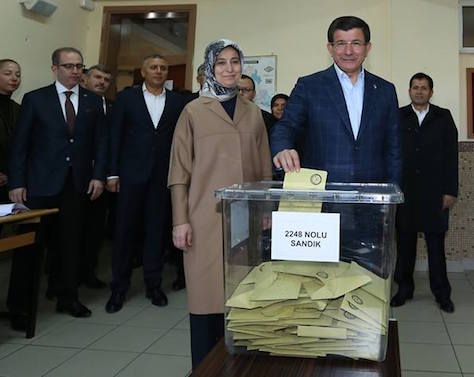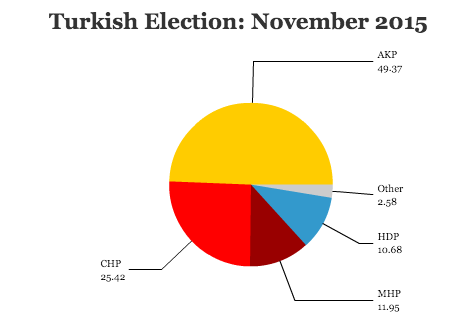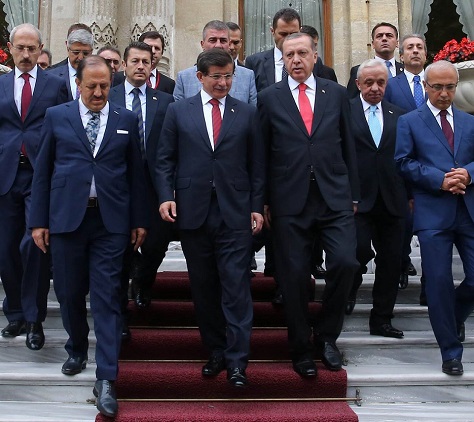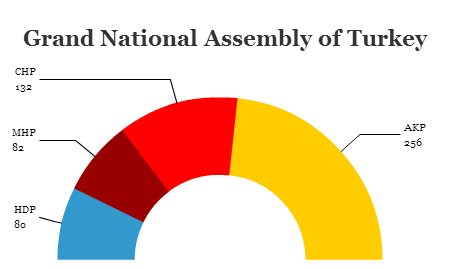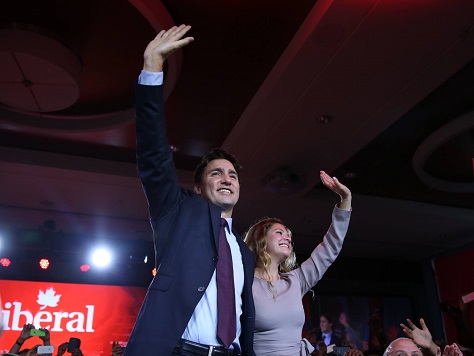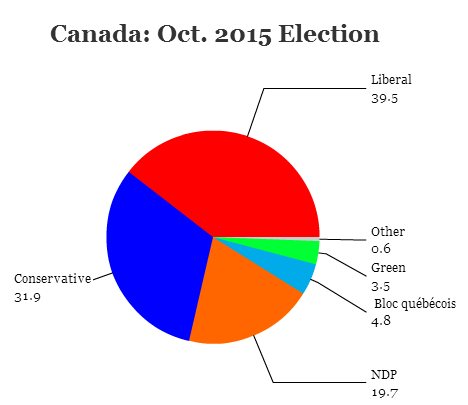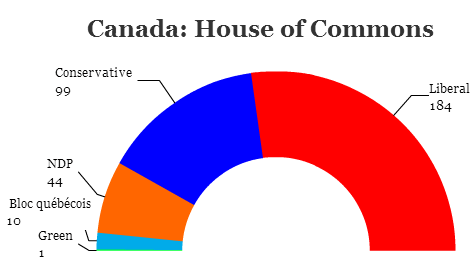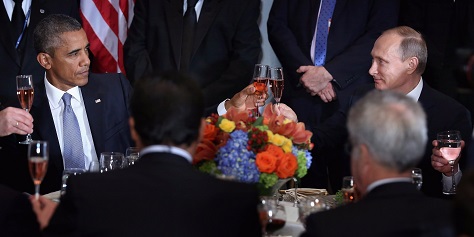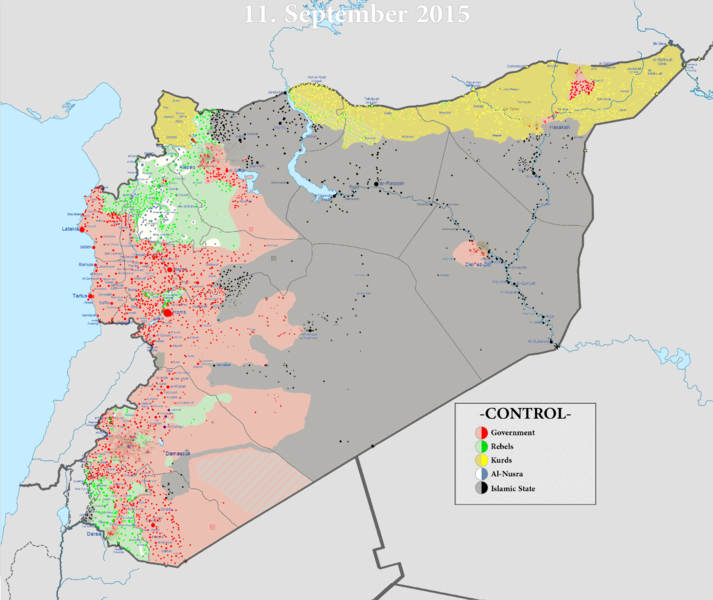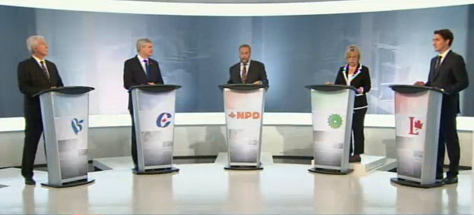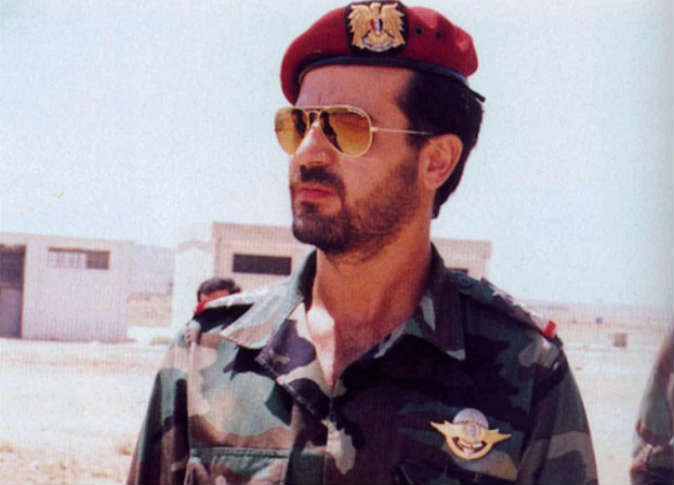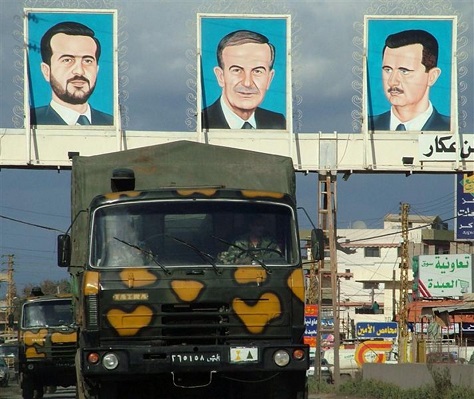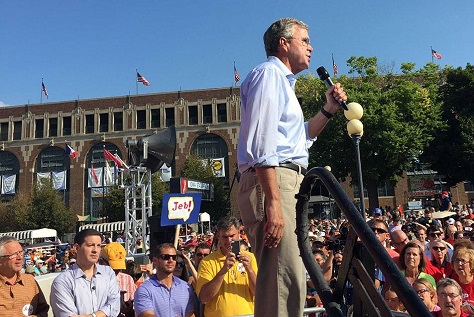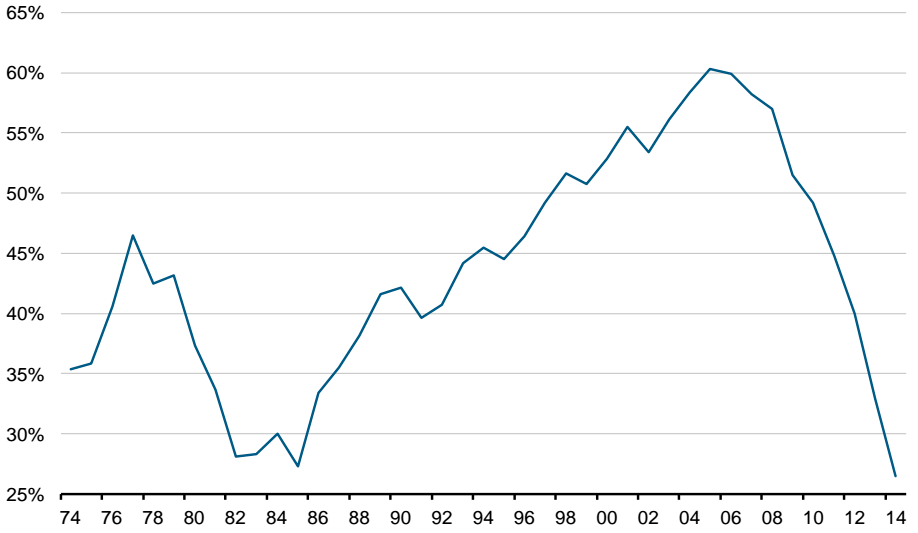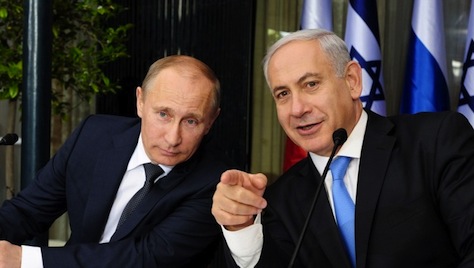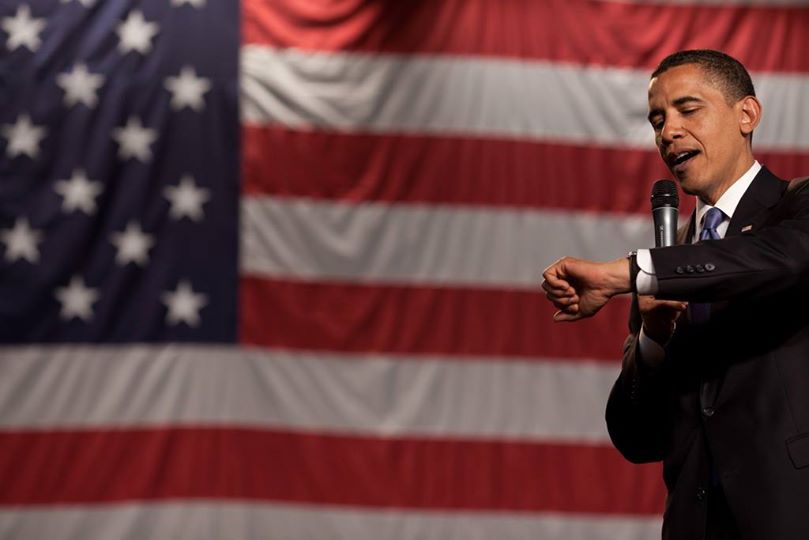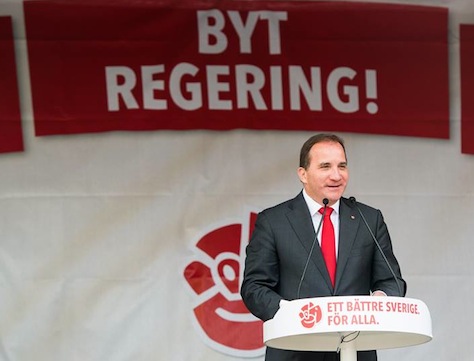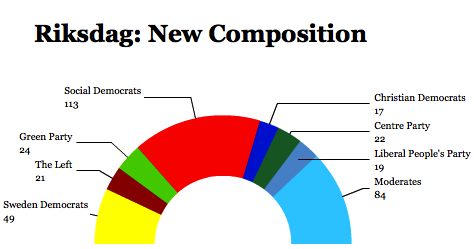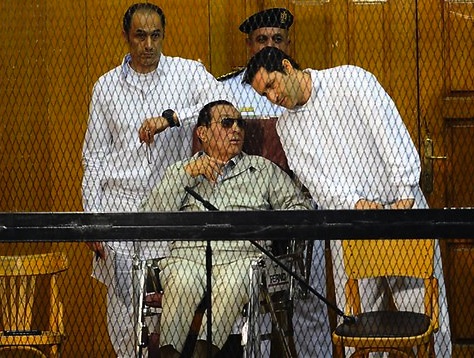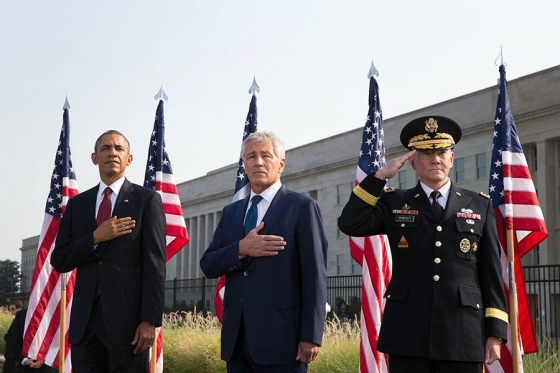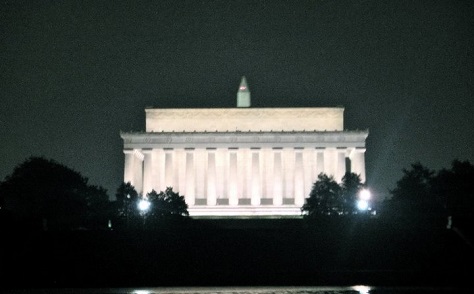
Ahmed Chalabi, known to most Americans as the Iraqi exile who shepherded faulty intelligence to the Bush administration that became the basis for the 2003 U.S.-led invasion of Iraq, died today at age 71 of a heart attack.![]()
Chalabi died in his home in Baghdad.
Though Iraq today is as clear a candidate for failed state as anywhere in the world, that obituaries will dutifully report that fact — Chalabi died at home in Baghdad — is perhaps the most salient element of Chalabi’s checkered legacy. No single Iraqi national was more responsible for bringing together the elements that would topple Saddam Hussein’s brutal Baathist regime in Iraq.
It’s true, of course, that Chalabi was a corrupt and shadowy figure, and you could have suspected that from the 1980s onward when he fled Jordan amid charges of bank fraud and embezzlement from the Petra Bank that Chalabi founded and ran throughout the decade.
*****
RELATED: Don’t blame Obama for Iraq’s turmoil. Blame Maliki.
*****
It’s also true that Chalabi’s Iraqi National Congress (INC, المؤتمر الوطني العراقي) never had any true grassroots following in Iraq during the Saddam era. When Chalabi finally returned to Iraq in the aftermath of the 2003 US invasion, he quickly found that Iraq’s Shiites turned to figures who hadn’t fled into exile for decades — religious authorities like Ali al-Sistani and Muqtada al-Sadr in the 2000s and Ammar al-Hakim in the 2010s, all of whom had far more credibility with everyday Iraqis.
It’s equally true that Chalabi was one of the most vocal advocates for the ‘de-Baathification’ process that disbanded Iraq’s national military and excluded many Sunni figures (not all of whom were necessarily sympathetic to Saddam) from Iraq’s new government. That decision is now viewed as perhaps the most destabilizing thing that Paul Bremer’s Coalition Provisional Authority would do in Iraq. Chalabi, who hoped to narrow the political competition in post-Saddam Iraq, helped create the sense of alienation among Iraqi’s Sunnis that would, in turn, lead to the sectarian conflict and civil war of 2006 and 2007. In an interview last year with Al Monitor, even Chalabi agreed that his vision for a democratic Iraq hadn’t materialized, though he mostly blamed the United States for that:
Iraq is now in a very difficult situation. This is not what we had hoped for when we worked to liberate the country from the regime of [former President] Saddam Hussein. However, what happened was not a surprise.
What happened could have been avoided. The fundamental problem lies in the fact that the United States was working in contrast to what we were working on, and what we had planned. The United States went in the direction of announcing an occupation, while our goal (in the Iraqi opposition), according to an agreement before the start of military operations in 2003, was to form a sovereign national Iraqi government that was recognized by a decision from countries in the [UN] Security Council. [This government would] be committed to holding free elections, so that it could subsequently ratify a constitution.
And yes, it’s true that as Washington became increasingly disenchanted with Chalabi, he turned to Iran as his patron. US policymakers pinned their hopes on other Shiite leaders, like Ayad Allawi, a London-based exile who founded the Iraqi National Accord in 1990, and eventually Nouri al-Maliki, the leader of the Islamic Dawa Party (حزب الدعوة الإسلامية). Allawi proved to have as little grassroots support as Chalabi, and he lasted less than a year as prime minister. Maliki proved to be a far more skilled politician than Allawi, but his initial success as a unifying nationalist in the 2009 elections gave way to an increasingly sectarian administration that excluded prominent Sunnis from the vice-presidency and key ministries and that became increasingly alienated from US officials. Disappointment with Iraq’s squabbling politicians was so bad that, after the 2013 elections, Chalabi incredulously became a candidate for prime minister in 2014 before Islamic Dawa and its allies eventually coalesced around Haider al-Abadi. To the end, Chalabi scrambled to win over allies from any community, religious or secular, Kurdish or Arab, Sunni or Shiite, in his plan to ride to Iraq’s rescue as the man with a plan to crush the jihadist ISIS/Daesh/Islamic State. Continue reading Chalabi’s legacy, for good and for bad, is a post-Saddam Iraq
